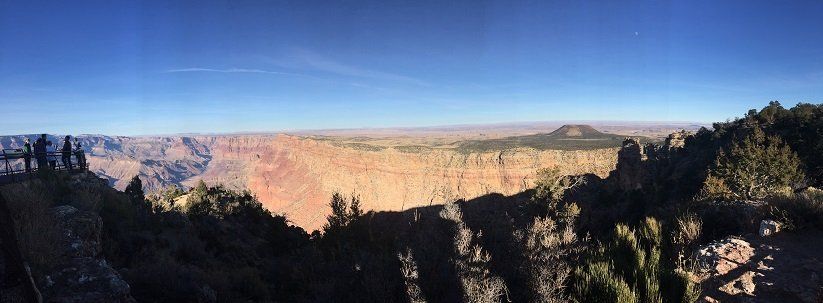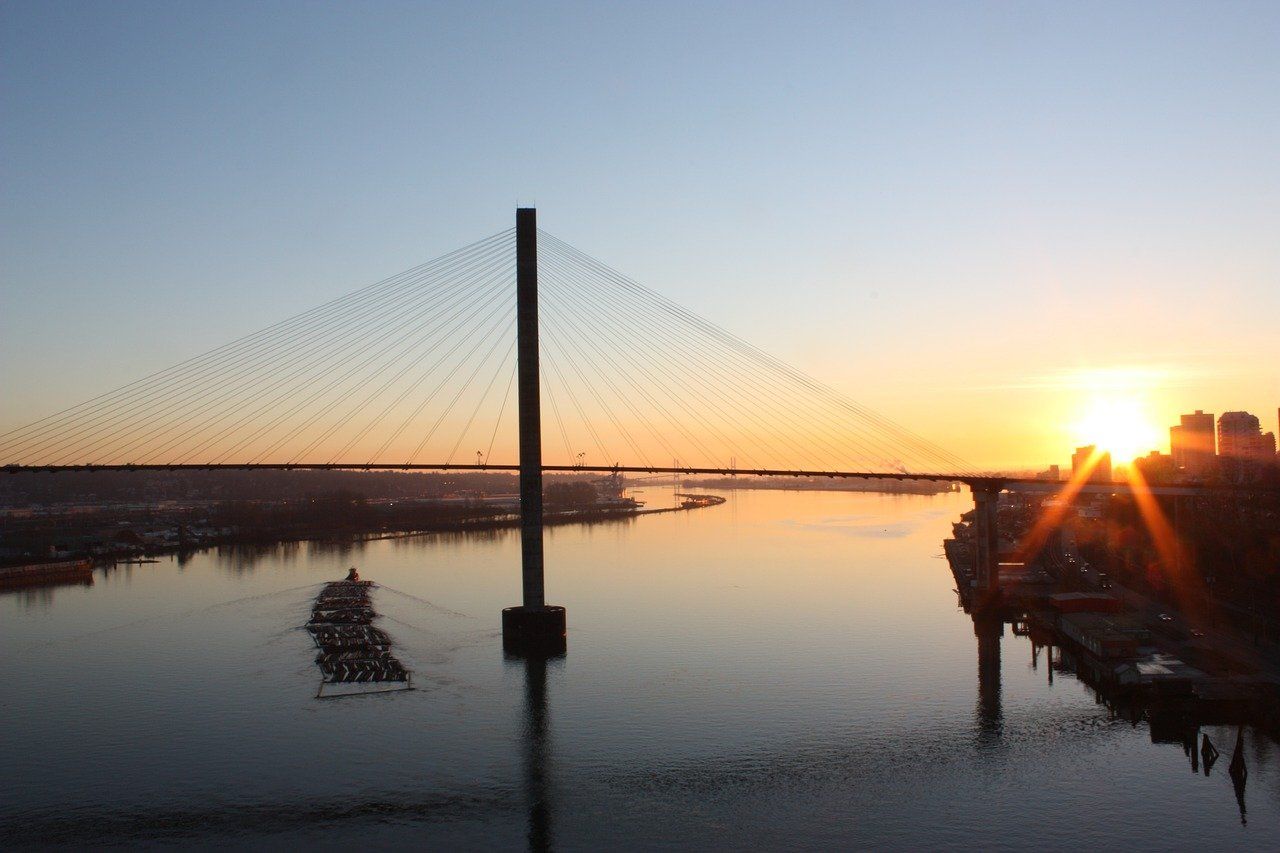In January, the city of New Westminster became the first municipality in B.C. to apply the provincial government’s new rental residential tenure zoning authority to existing rental housing stock. They downzoned six privately owned stratified buildings that have been operating as rentals for many years.
In a previous post, we outlined how this policy arbitrarily devalued the properties of these private owners. Since then, the intentions of the city have been laid bare, partly through their own concessions of spreading inaccurate information to win support for the policy.
The city rushed it. These were overly eager public servants who saw a chance to win a battle against renovictions, a scourge they’ve all vowed to fight in their own elections. But instead of enacting a measured piece of policy, they snuck through a bylaw that was not only a clear distortion of the provincial legislation – it was an act of vengeance against “renovicters”.
In an editorial printed in the New West Record, the editors harshly criticize the Council for failing to make the process airtight in the race to be first to wield the new powers given to them. They hunted the publicity and the pats on the back from housing advocates across the country – but because of their haste, they’re now being forced to revise the bylaw, and they very well may have to scrap the whole thing by order of the B.C. Supreme Court.
On May 27, the city had a second public hearing to discuss amendments to the bylaw. On the same day, the Urban Development Institute wrote to the Council on behalf of the six private owners and the development industry.
In the letter, UDI president Anne McMullin stressed that any attempt to apply rezoning restrictions to existing strata buildings will undermine all trust between the city and rental property developers and investors. The approach “jeopardizes development of any rental supply in New West.” Her warning is supported by a survey of thirty rental property developers in Metro Vancouver.
McMullin reminded New West’s leaders that when the rental rezoning policy was passed by the province, Housing Minister Selina Robinson stressed to municipalities that the law is not intended to intrude on the property rights of individual owners. Indeed, this fear was what kept the idea from being instituted for many years by past provincial governments.
It’s disturbing that New West immediately applied the law in exactly the opposite manner for which it was intended. Because they knew they’d face legitimate opposition from the effected owners and the development industry, they chose not to inform them of the process until after the bylaw had received its first and second readings. When the owners asked for 90 days to consider the policy, the City ignored them and wrote it into law less than two weeks later. Now they’re being forced to backtrack due to their own missteps.
In their lawsuit, the effected owners revealed that letters from the City to them and their tenants ‘incorrectly stated that the effect of the bylaw would be to prevent the units from being individually marketed for sale.” The owners pointed out that the City does not have authority to restrict the sale of stratified residential units through enactment of zoning regulations. There are other legislative tools that exist to create such restrictions with the consultation and agreement of property owners.
The City conceded that the claim in those letters was a mistake. Now, the best path for the City is to admit that the real mistake is the application of rental rezoning to existing strata buildings. When a municipal government can arbitrarily and without consultation or consequence downzone and devalue private property, the atmosphere of regulatory stability and trust that development requires is thrown away. The urgent need for more rental stock in the City will go unmet. And the short-sighted vengeance sought by Council members through this bylaw will wind up hurting the most vulnerable of their citizens.




